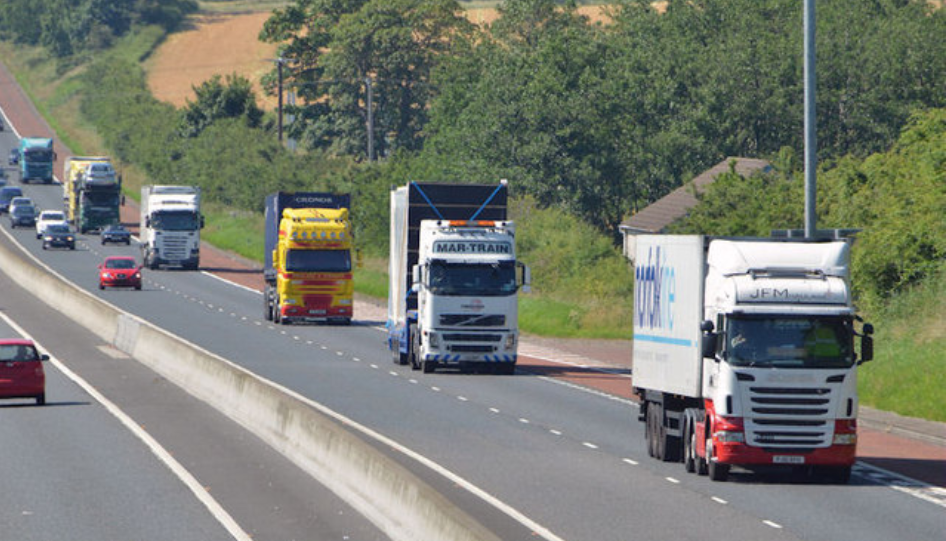Farmers and agri-food operators are becoming anxious about the “weight of consideration” being given to the border question post-Brexit, according to an Irish industry lobby body.
The Irish Creamery Milk Suppliers’ Association (ICMSA) warned north-south trade efforts could be to the detriment of Ireland-GB ‘west-east’ trading relationships.
The shipping routes from Fishguard and Holyhead are among those particularly likely to be affected by any change in British and Irish trade agreements.
ICMSA president Pat McCormack was speaking after Bord Bia published a survey at its Brexit Barometer 2018 that showed that a majority of Irish food and drinks companies continued to believe that they would have opportunities in the UK despite Brexit.
Also Read: Brexit Barometer: 74% of food companies ‘ready’ for risksOn this, McCormack said that it is hugely important that this confidence does not ‘tip over’ into a complacency that things would “somehow work out in the end and that the interests of Irish farming and agri-food are being minded”.
McCormack said that the Irish Government has clearly prioritised the preservation of the no-border arrangement with the North as our “bottom line” and has the “total solidarity” of the commission on that question.
However, the president stressed that it is important to acknowledge that this emphasis effectively prioritised the political over the economic.
He added that, while that was the Irish Government’s direction, the net effect was that the centuries-old, multi-billion euro trade between Irish food producers and their British customers was “relegated”.
This, so far as the Irish focus is concerned, is an “afterthought” to the ‘No Hard Border’ core policy, McCormack contended.
“We don’t expect the Irish Government to move from its ‘No Hard Border’ policy – nor should it. But, to be very frank, the ICMSA believes that we should be giving the trade figures a little more concentration and not getting completely hung up on the question of how exactly the post Brexit border with the north will look.
“In 2016, 30% of Northern Ireland’s exports – about €2 billion – came south, whereas just 1% of the Republic’s exports – which still amounted to €1 billion – went north,” the president noted.
The north-south trading relationship is much, much more important for Northern Ireland whereas for the Republic, and specifically for the farming and food production sectors, it is the west-east, Republic-to-Britain trading relationship that is our core economic concern.
McCormack continued adding that, while the ICMSA accepts the validity of the Government’s decision to concentrate on the border and prioritise the political over the economic, everyone has to realise that Irish economic ties are much more “east-west than north-south”.
“This is a balancing act – and a very difficult one at that,” he said.
“We have to stand our ground on our right not to have a hard border with the North, with whom we do significant business and have everyday interaction.
But, we equally have to weigh up the reality that it is our relationship with our British customers that drives our multi-billion euro beef, cheese and other agri-sectors.
“I wonder whether we having been stressing the north-south political dimension at the expense, literally, of the east-west economic link,” McCormack concluded.

